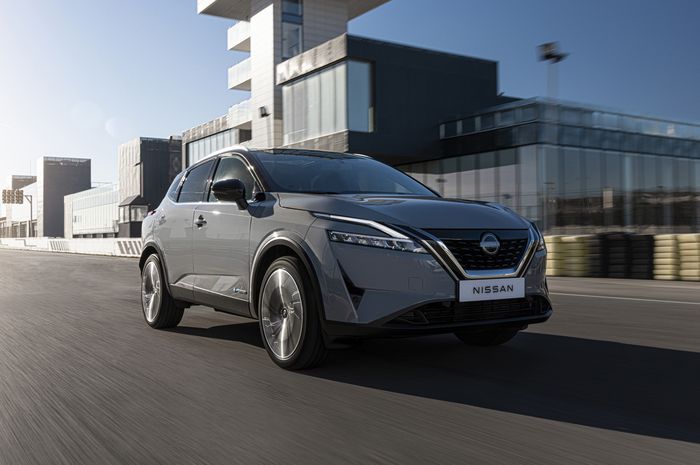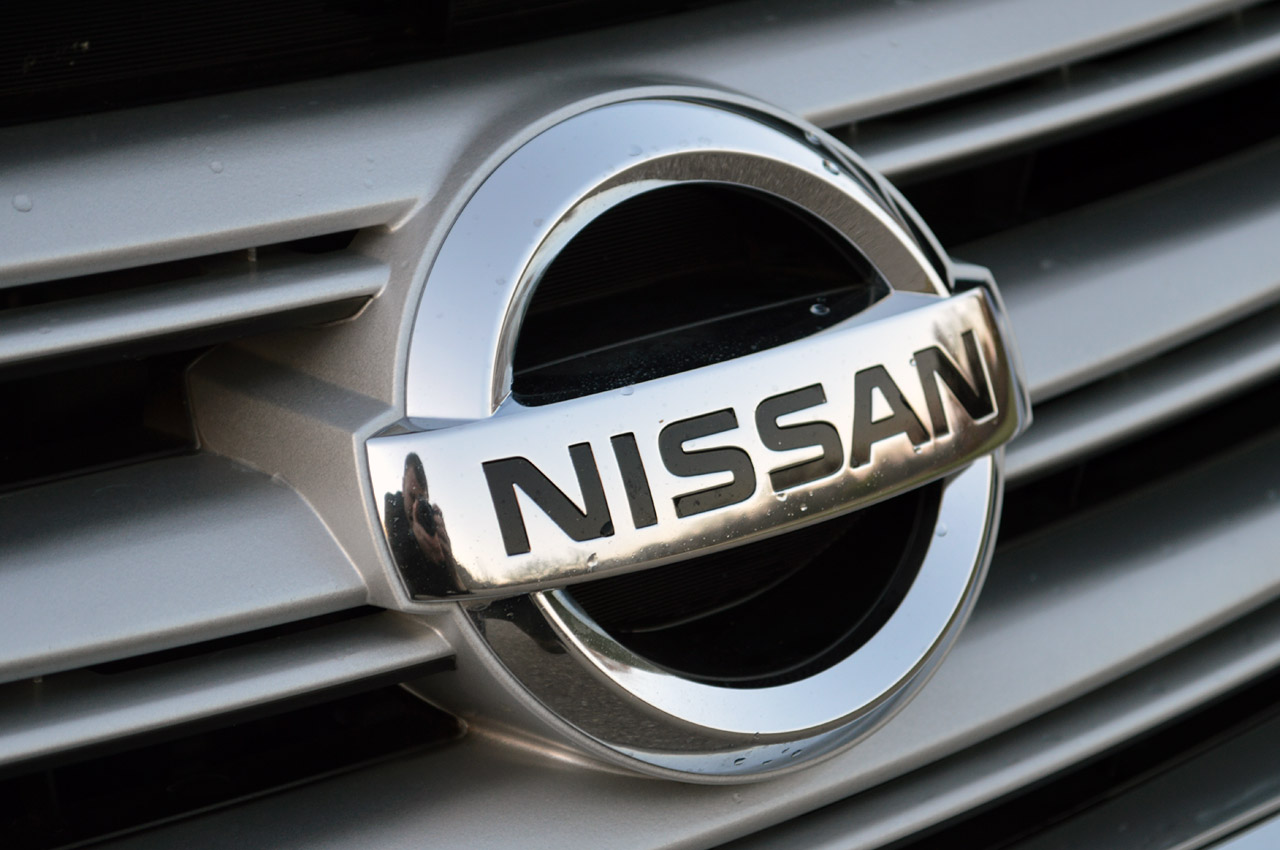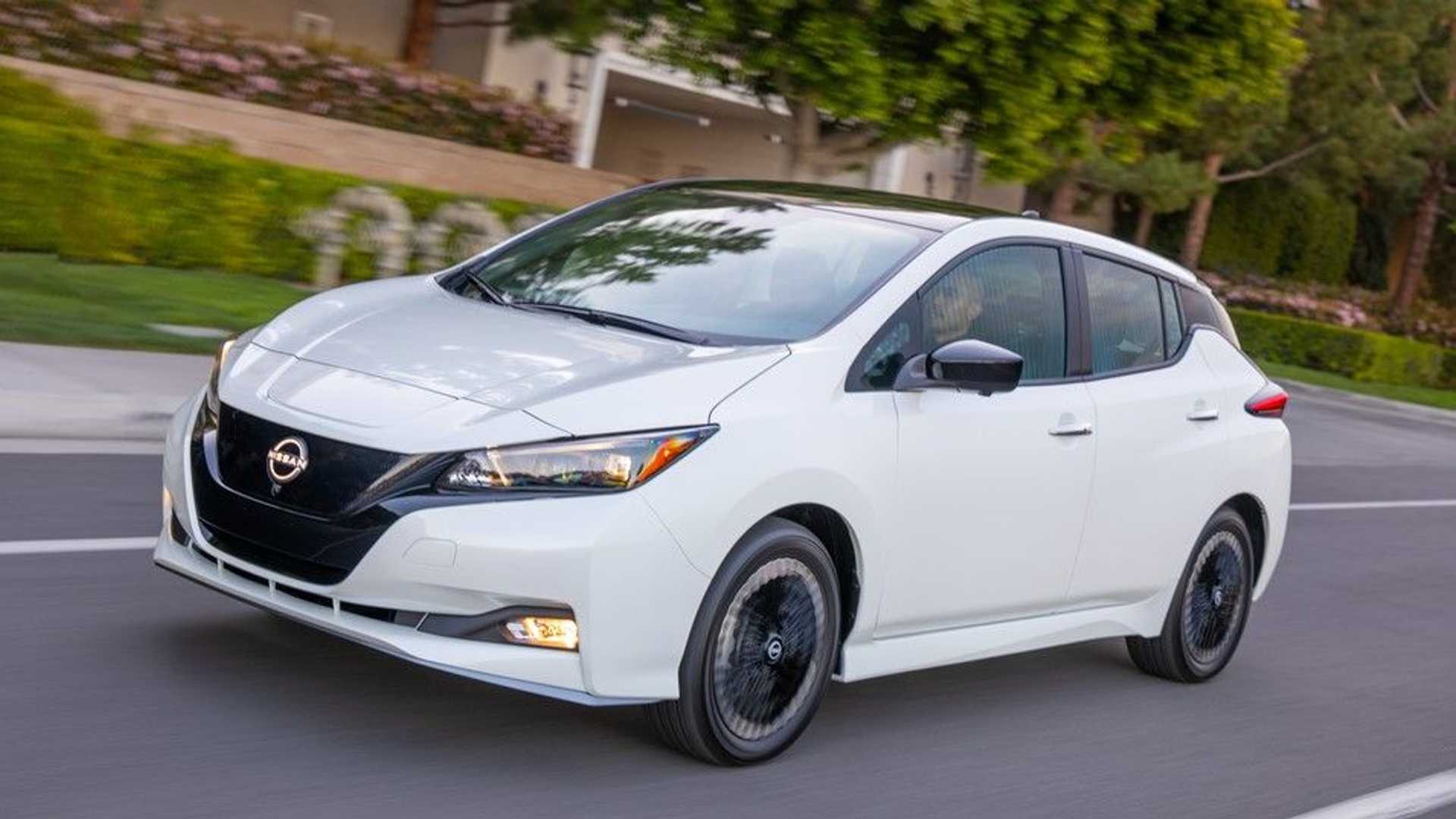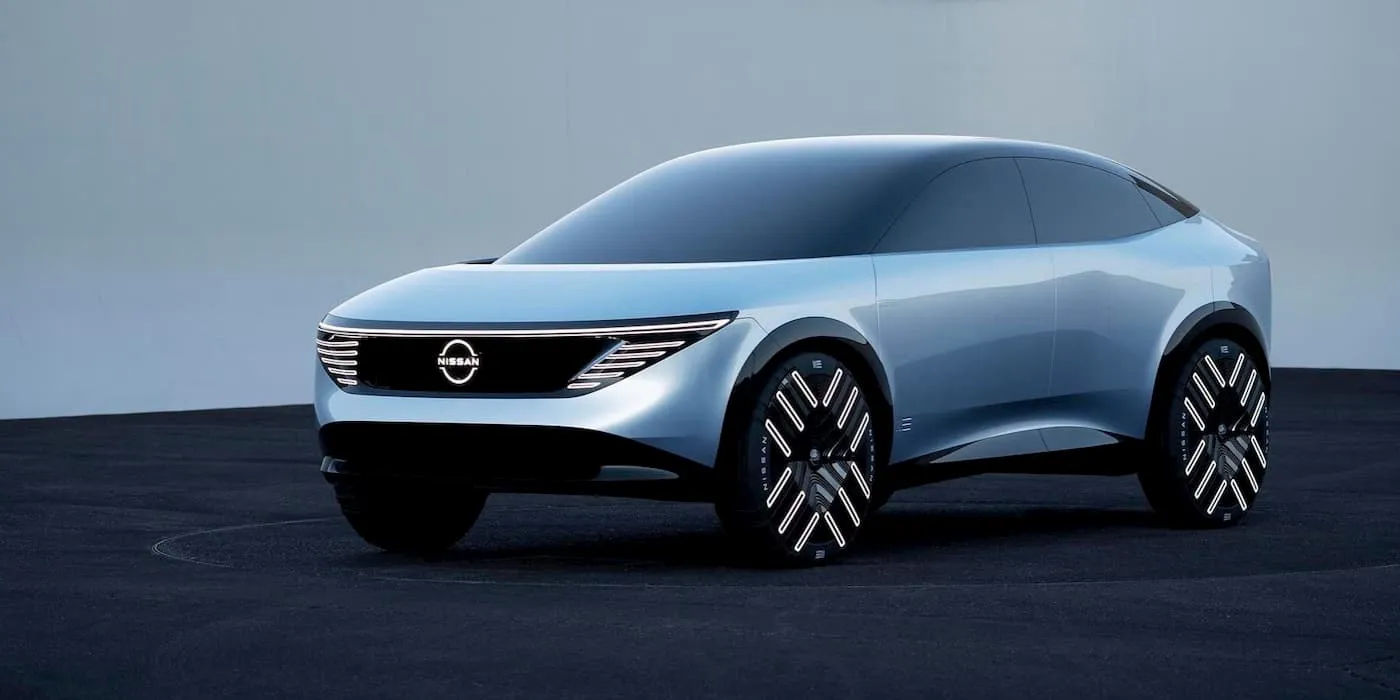Nissan is set to unveil plans to manufacture electric versions of its popular Juke and Qashqai crossovers at its Sunderland factory in the UK. The announcement, expected on Friday, underscores the automaker’s commitment to electric vehicle (EV) production, aligning with its September decision to cease internal combustion engine (ICE) vehicle manufacturing in Europe by 2030.
Industry sources reveal that Nissan is prepared to allocate “hundreds of millions of pounds” and potentially exceed £1 billion ($1.25B) for the electric crossover project. Notably, the UK government is anticipated to play a significant role in the initiative, with a substantial guarantee likely. Prime Minister Rishi Sunak and Chancellor Jeremy Hunt are speculated to have influenced the decision, coinciding with the UK government’s broader commitment to investing £4.5 billion ($5.6B) in manufacturing, particularly in the clean energy sector, over the next five years.
See also: Nissan kick-starts production of Qashqai e-Power and Juke Hybrid in Sunderand
The Sunderland factory, which currently produces the electric Nissan Leaf, will extend its EV capabilities with the introduction of electric Juke and Qashqai models. The facility is also in the process of constructing the EV360 battery factory, capable of producing up to 35 GWh of batteries annually.
Nissan’s decision to electrify two of its best-selling crossovers comes as a strategic move following the success of its Qashqai, which secured the position of the best-selling car in the UK last year, marking the first time a British-made model achieved this feat in 24 years. Over 42,700 Qashqai models were delivered in the UK in the previous year.
This development is part of Nissan’s broader vision for an all-electric lineup, as the company had previously announced its intent to exclusively release EVs by 2030. While Nissan has teased various futuristic electric models, this marks the first official confirmation of electric versions for two of its top-selling crossovers.
The news coincides with the UK government’s commitment to allocate £2 billion ($2.5B) for “zero emissions investments in the automotive sector.” This financial initiative, presented by Chancellor Jeremy Hunt, has been welcomed by Nissan and Toyota.
See also: Everything You should know about Nissan Qashqai e-POWER specifications
As Nissan takes strides in the electric vehicle market, Toyota, a key player in the automotive industry, remains under scrutiny for potential announcements regarding new electric vehicles. The Japanese automaker has teased several EV concepts, including a sports car, pickup truck, and land cruiser, prompting industry observers to anticipate further developments in Toyota’s EV strategy.
Meanwhile, in Japan, Nissan’s Sakura has emerged as the top-selling EV, surpassing Tesla after its launch last year at an affordable price of around ¥2 million ($13,300) with government incentives. Nissan’s inclination towards producing more cost-effective EVs is further highlighted by the upcoming “X-in-1” powertrain, slated for release in 2026, with expectations of contributing to cost reduction.






